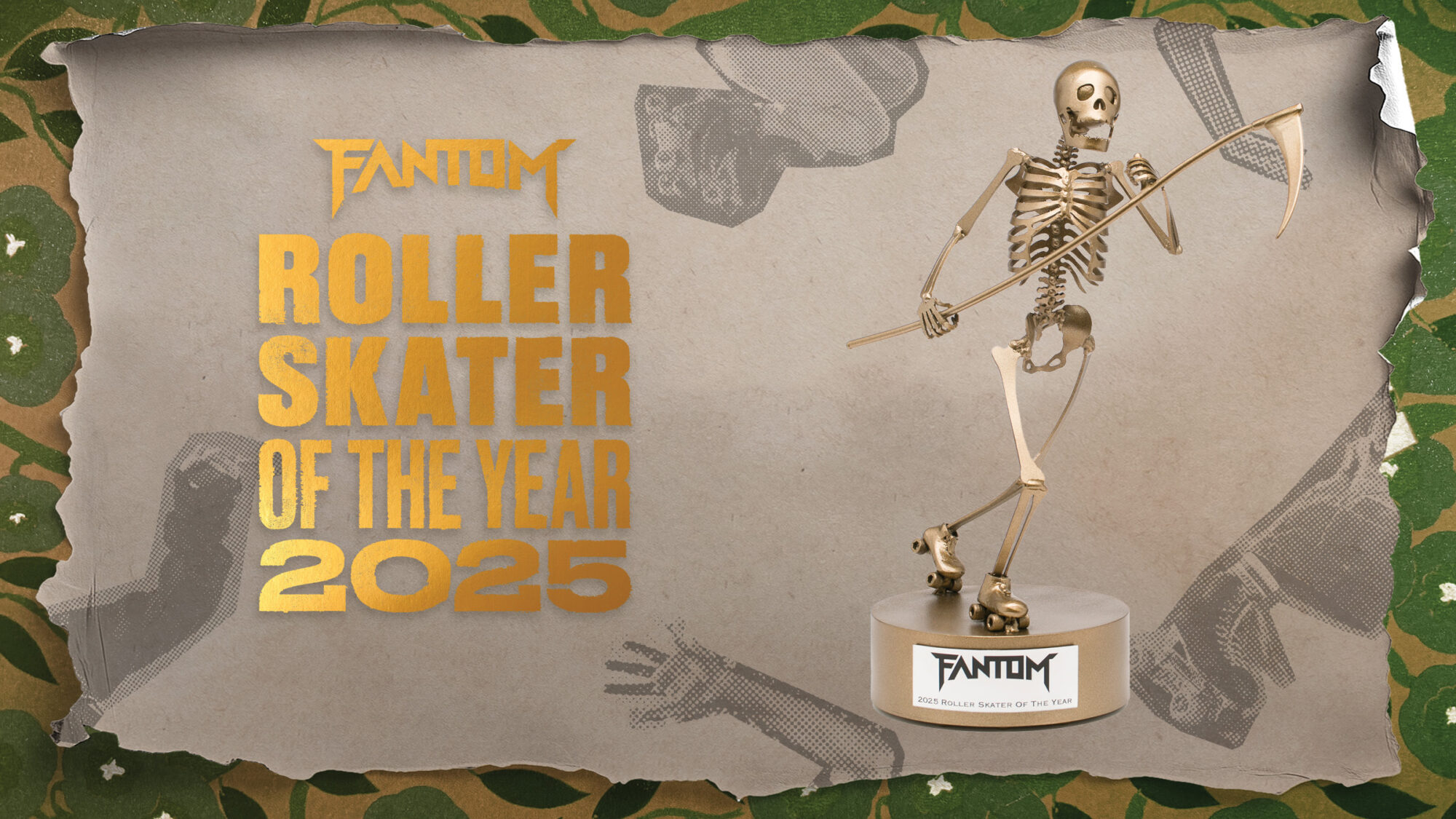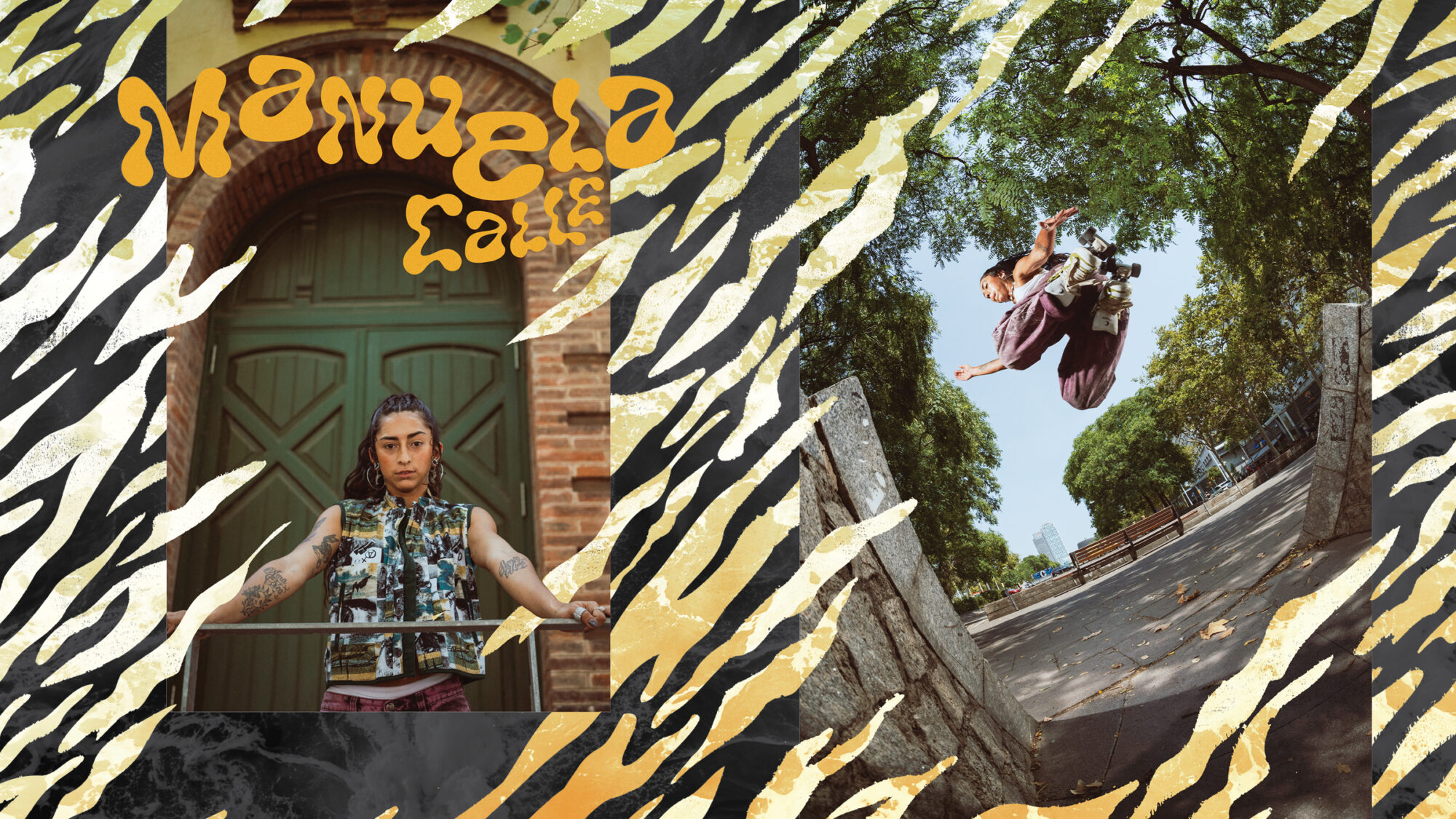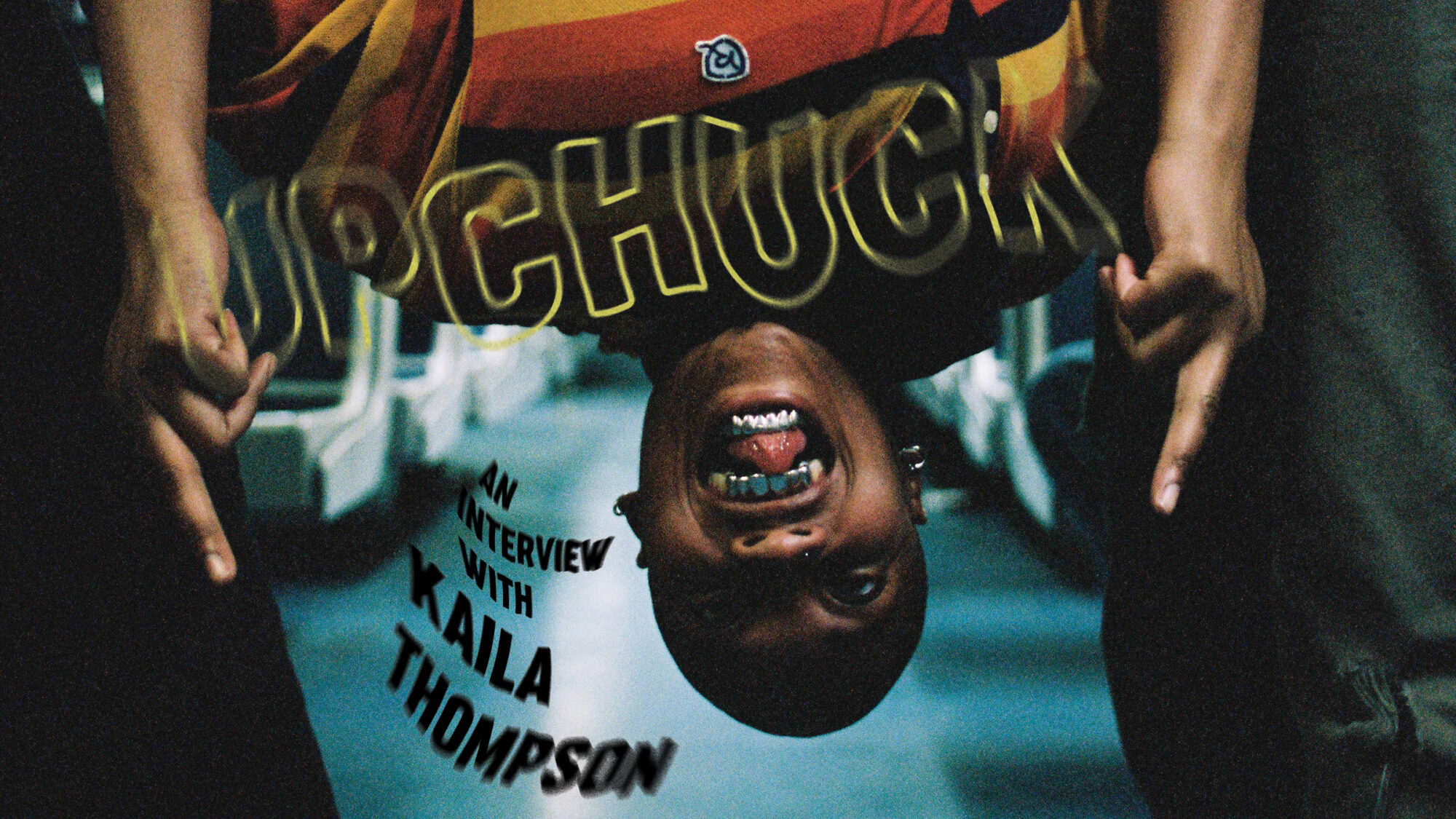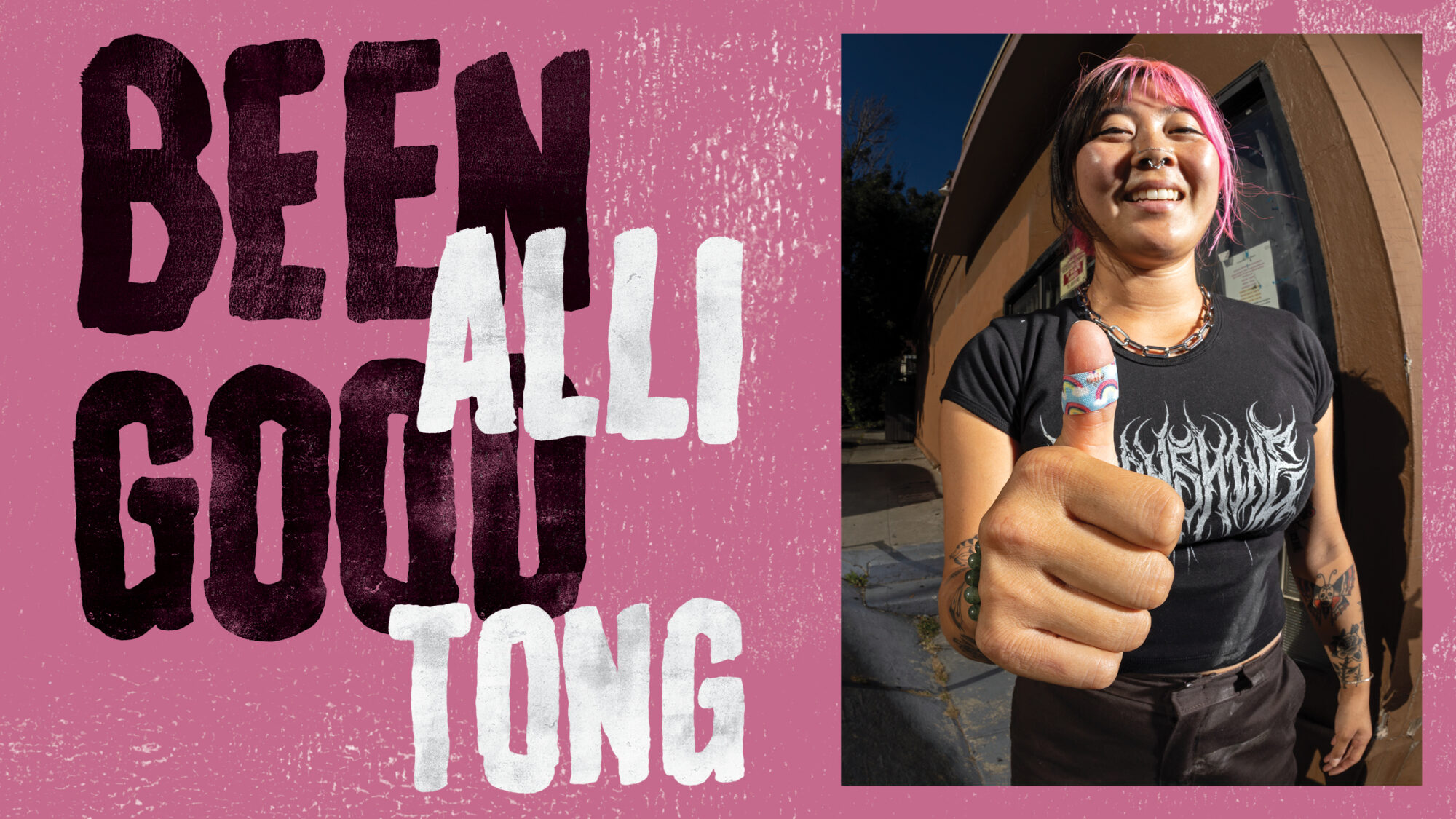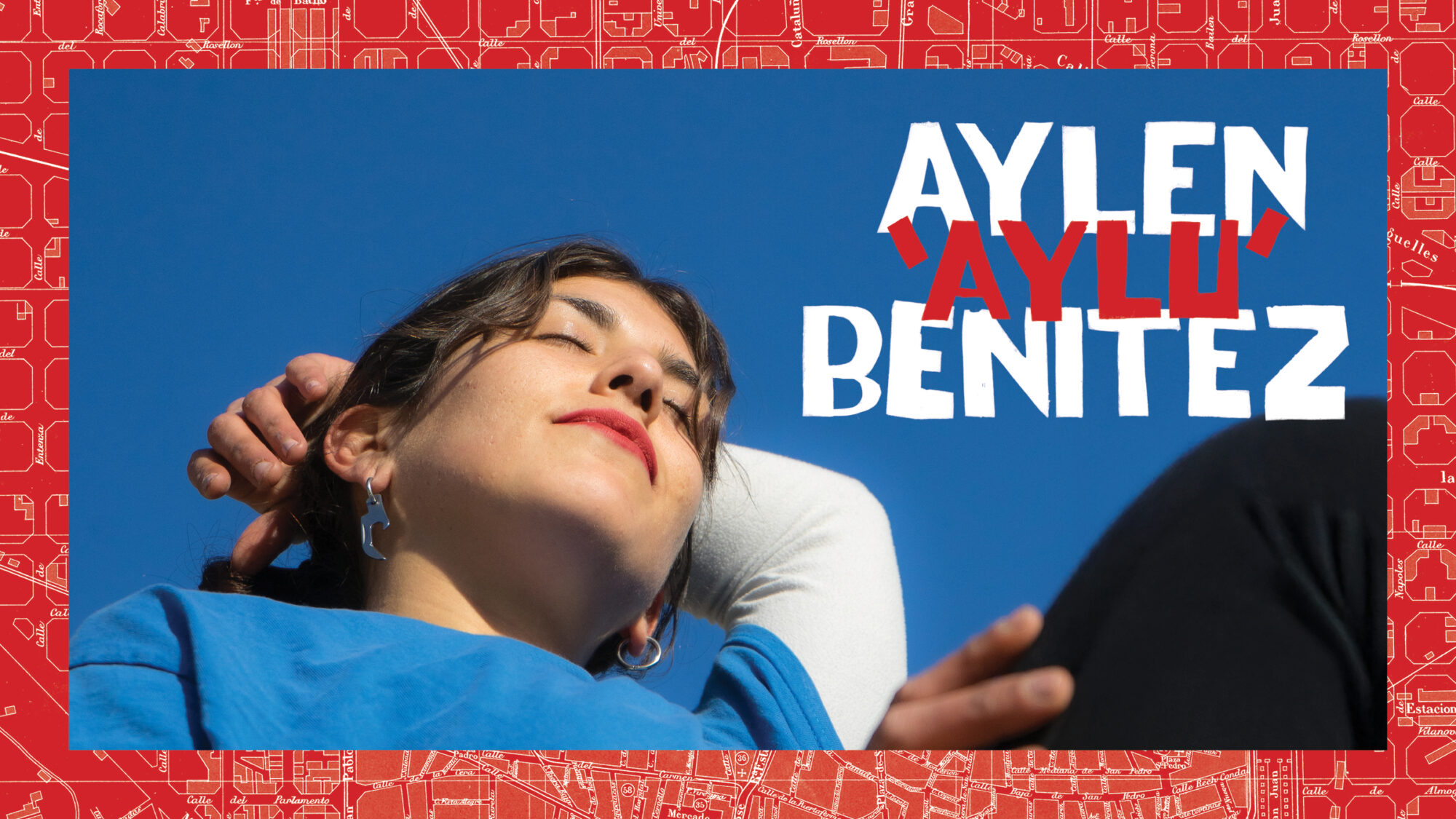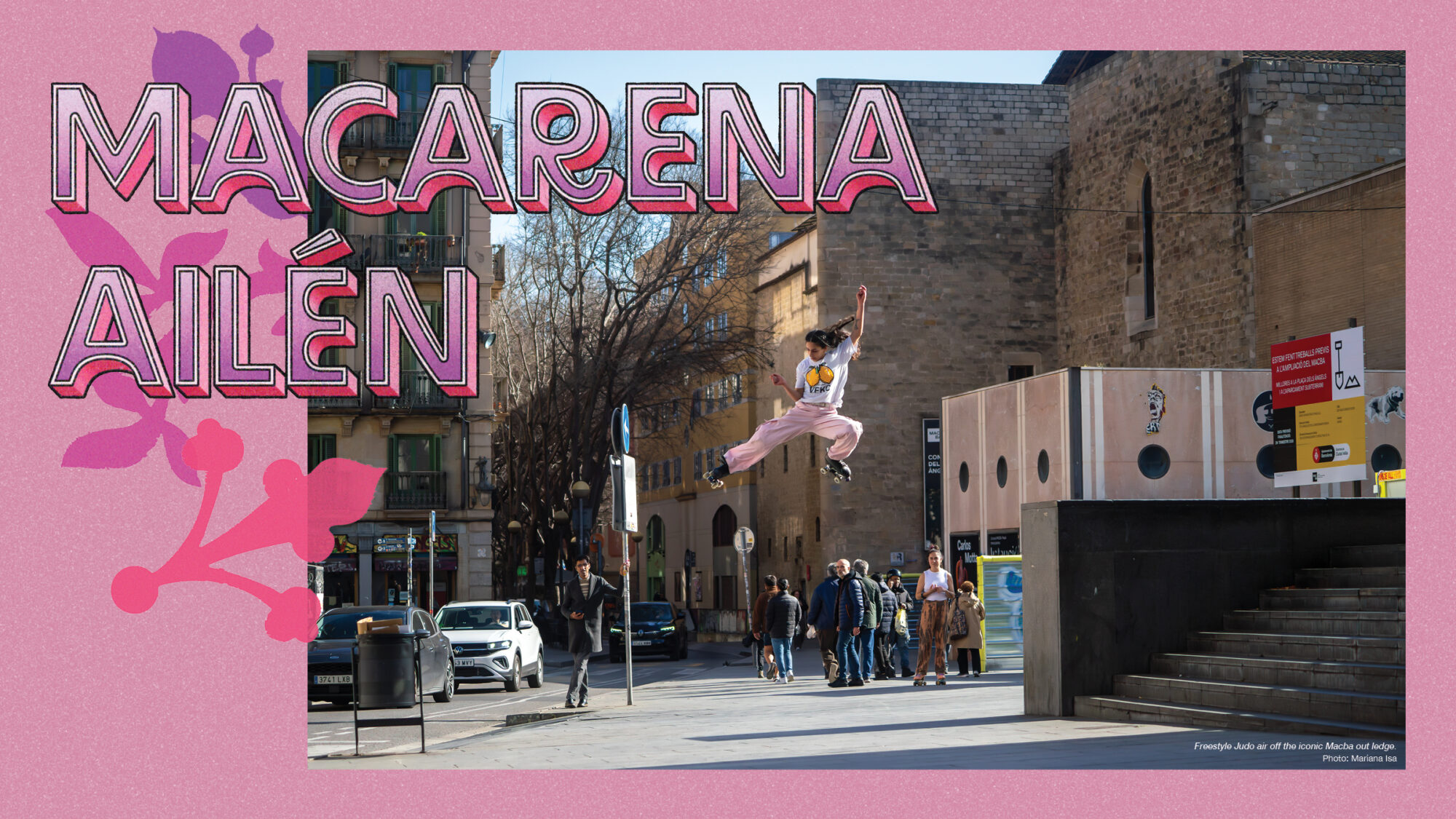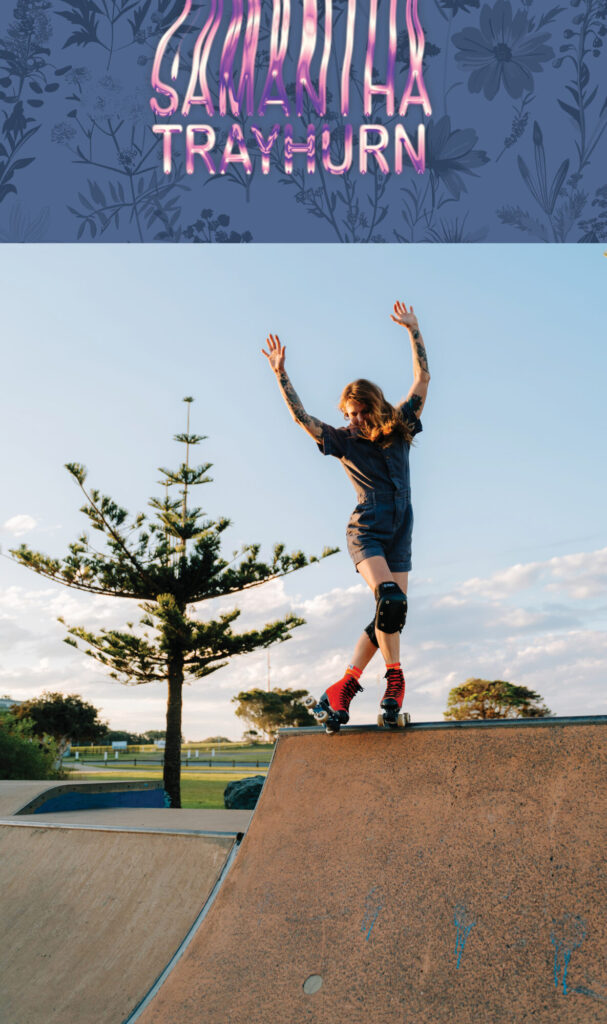
Photo: Abel McLennan
Samantha Trayhurn
Age: 37
Location: Mid North Coast, Australia
Getting old kinda sucks. As a skater, there aren’t many advantages to aging. Acai, B12, Creatine: in recent years, my daily intake has become the literal ABC’s of denial. Surely, if I consume all of these things, I will be able to skate forever. But, my doctor says that my muscles will waste as I move through my 30s and 40s, and that it’s going to be an uphill battle to maintain my body’s current strength and fitness. Bleak, right? Sure, but to me, there is also something completely punk rock about continuing to skate long after many others stop. Some of us watch on as our friends hang up their skates to have babies, work hard at five-figure jobs, and go shopping on the weekend for designer furnishings to
fill their fancy homes. Meanwhile, we still spend all our disposable income on skate trips, relentlessly work on the same trick over and over, throw our bodies at concrete, and explain sheepishly why we have massive grazes on our knees at the next dinner party. Kids give us side-eye glances at the skatepark because they don’t understand why someone their mom’s age is taking it in turns with them on the mini-ramp.
Roller skating, like most of life, can be obsessed with the fountain of youth. But, it’s also worth celebrating aging (dis)gracefully on eight wheels. It’s not something everyone is proud of, but maybe we should be. For this article, I reached out to one skater in their late 30s who declined an interview. They told me they’d talk to me about anything except being an ‘oldie’ skater. They didn’t want their age publicized. Age is stigmatized in roller skating because getting old just isn’t cool. Instead, the coolest skaters are those in their early 20s with dewy skin, strong bones, and all the cartilage in their joints still intact. The thing is, we’re all going to get old. And, if we all want to keep rolling through the decades, maybe we should give props to those who are pushing the boundaries of what’s expected of us as we age.
With this in mind, I thought we could shine a light on some skaters over 35 who are still shredding hard all around the world.
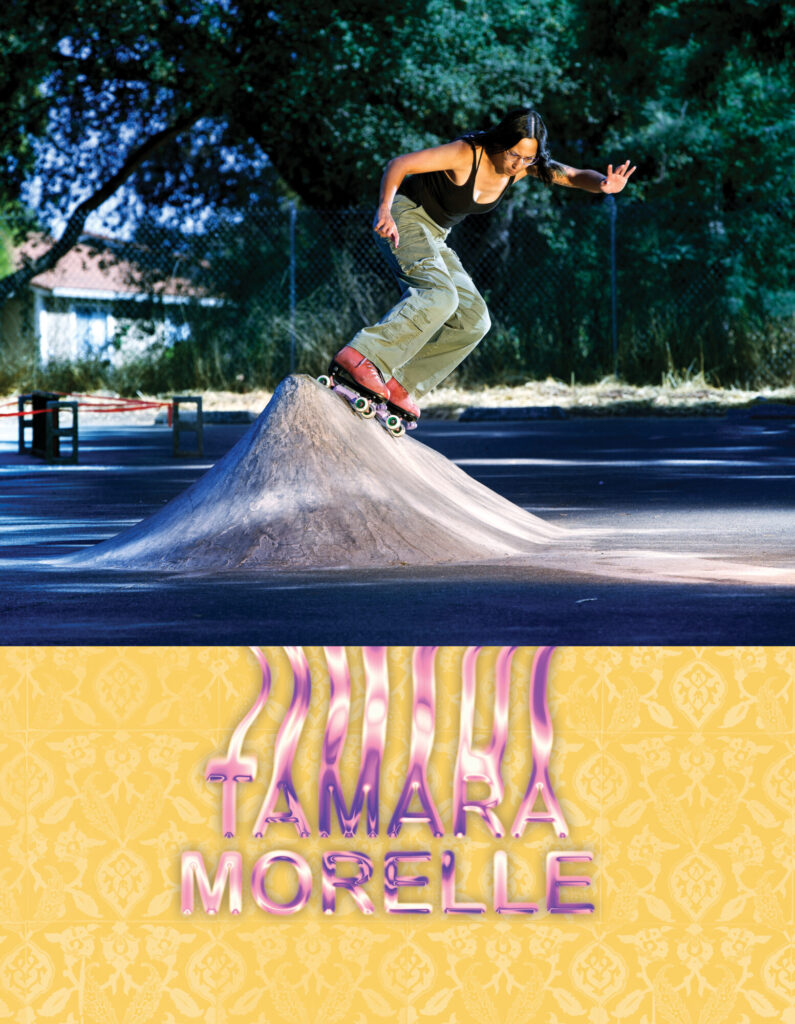
Photo: Dave Rollans
Tamara Morelle
Age: 41
Location: Nor Cal, USA
What is it about skating that makes you keep going?
An object in motion stays in motion. I don’t think I continue to skate because I find the motivation to, I think it’s the other way around. I’m motivated to keep going because I skate. It’s insanely fun and rewarding, and there’s always room to improve or something new to learn. It’s physically challenging and requires mental focus, so it’s great for keeping my mind and body active and healthy. It’s a release, an escape, and an outlet for energy and expression. And I love that it’s also introduced me to a lot of incredible people as I’ve skated all around the globe. It’s not all sunshine and rainbows, though, and getting older does add a little bit of friction. I take a little longer getting back up from falls and spend a little more time thinking about risks. Sometimes I feel frustrated with my own skating, but I’ve got to remember that I’ve come a long way since I first started. Everyone’s skate journey takes a different path and pace. It’s not always about progress, sometimes it’s about the process. So I just try to trust and enjoy the process, which is why I fell in love with skating to begin with.
Do you think you will ever stop?
I’m sure one day my body will throw in the towel, but I don’t think that my spirit will stop. Bury me with my roller skates, so I can glide past the pearly gates. One day I’ll skate streets of gold.
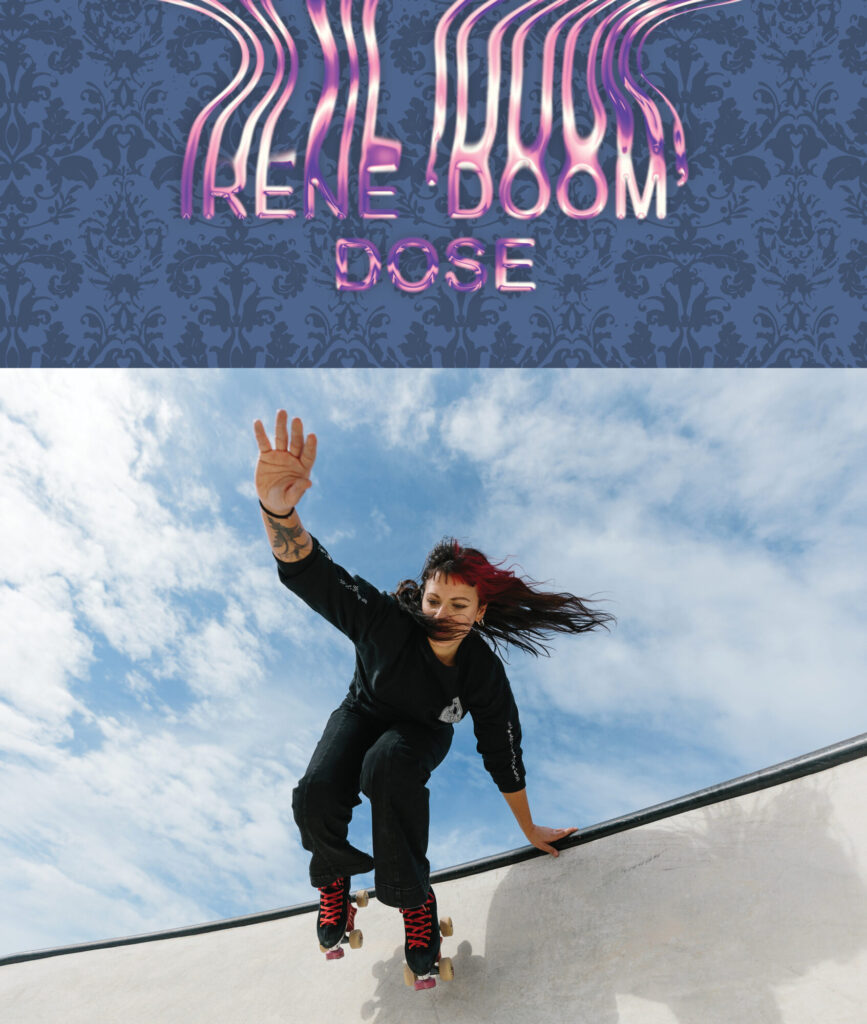
Photo: Erika Zucchiatti
Irene 'Doom' Dose
Age: 36
Location: Trieste, Italy
Do you think older skaters have a unique role in inspiring younger generations?
I think so, absolutely. And I’m not just thinking about myself, but about other veterans who inspire me every day with their skating, such as Tim Altic, Duke Rennie, and Irene Ching. Watching them skate, or simply knowing that they’re still active in the game, motivates me to take good care of my body as I approach my 40s. I also believe that, as skaters who have been part of the scene longer than others, we inherit a responsibility to share our knowledge and culture. It’s important to educate younger generations about how things were, to inspire them to aim higher and do even better in the future.
What’s something about skating that keeps you feeling young?
It’s that feeling in my stomach when I look at an obstacle or spot and think, I can do it. Being scared but extremely excited at the same time. Then going full speed toward that goal, the breeze on my face, and finally hitting it. It doesn’t matter how many tries it takes—when you finally land it, I like to imagine that somewhere in the mountains, a shaman sees you and gifts you a few extra seconds of life, maybe even one less grey hair [laughs]. Honestly, I’m not entirely sure. But sometimes I watch videos of myself skating, and I’m always smiling. There’s nothing else in life that gives me that specific smile. So, I guess that’s what it is.
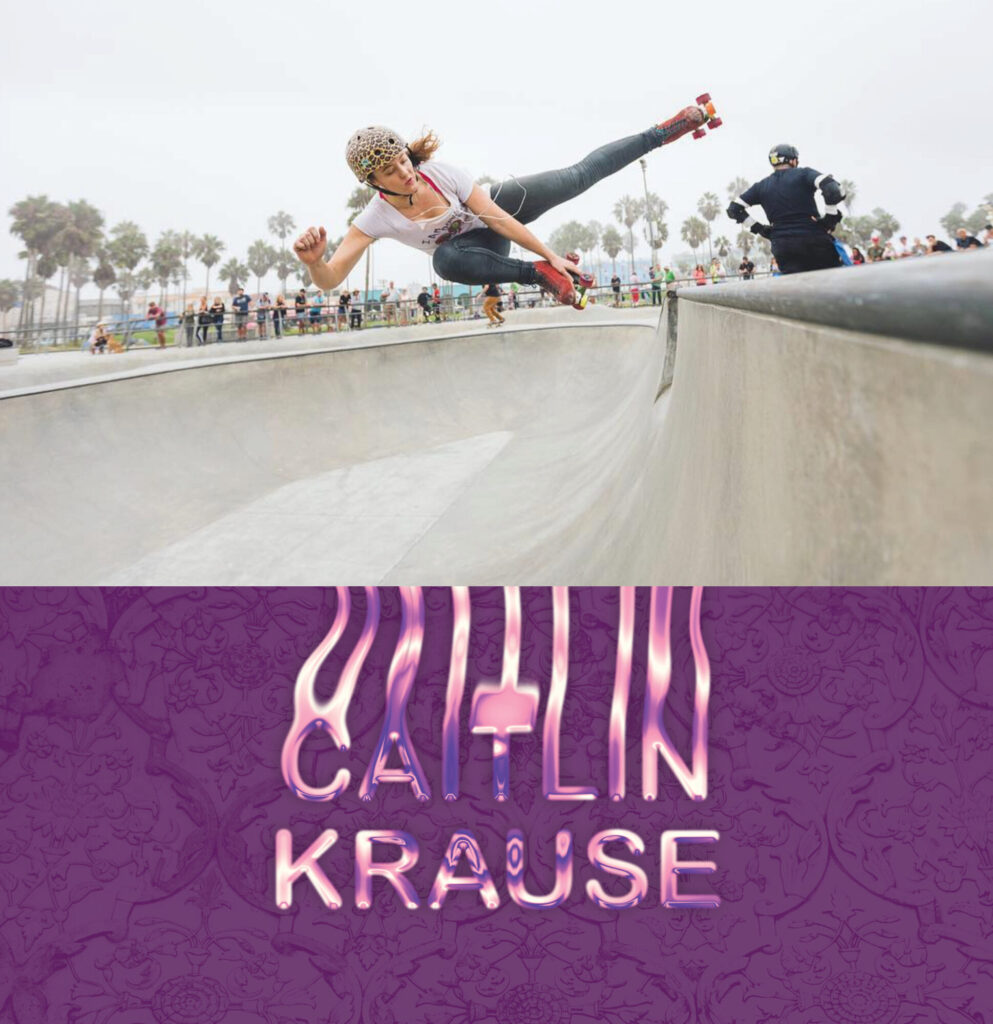
Photo: Marshall Garlington
Caitlin Krause
Age: 40
Location: Los Angeles, CA
What’s skating like for you now compared to when you started?
Progressing feels harder, but realistically that’s probably mostly just down to not skating like three- to four-plus hours a day most days of the week. Twenty years ago I skated obsessively because it was the only thing I’d ever been able to pay attention to and show up for consistently. I didn’t have a lot of other coping skills. I still turn to skating for similar reasons, but goals tend to be more incremental and they feel less intense. I have other things I can turn to when life is hard, and more balance and emotional stability in life in general. I don’t have the same sense of hard charging in a competitive way, even with myself. It’s still there, but it’s dialed back and tempered by experience and a sense of cost-benefit related to injury and other opportunity costs from total dedication to one thing.
Any advice to people who want to keep skating until the wheels fall off?
I don’t know if skating till the wheels fall off is good advice! [Laughs] I think if you cling to any one thing that can mean not growing and responding in an authentic way to your own life, and you can get stuck in a version of yourself that’s limited and lose great opportunities.That said, I always come back to skating and I don’t see that changing until my body really forces the issue. For me, being really broad in what kind of skating I’m interested in allows me to still put wheels on even when I feel burnt out or uninspired.
I’ve seen so many people come and go in the sport, and a lot of those that move on I feel like have some unrealistic ideas about what they’ll get from skating or the “community” or the industry and when those returns are smaller or different than they feel entitled to, they’re done, which is OK. But, if you’re going to stick around, you have to really learn to love people coming in and progressing past you, which can be hard for some people. I remember skating with Duke Rene a few years ago and thanking him for all he’d done for skating, and he immediately said how thankful he is for all of the younger skaters innovating and keeping it going. That kind of gratitude for people who are doing things you know you yourself will never be able to accomplish is essential. Sticking to skating is more of a mindset of just coming back to loving the feeling, over and over. There’s nothing else like speed, or flow, battling for a new trick, or working with a team to become something better than you yourself could ever be alone. Every older skater who is still at it knows this to the core. It’s just the feeling, and as you get older all of the other reasons tend to fall away.

